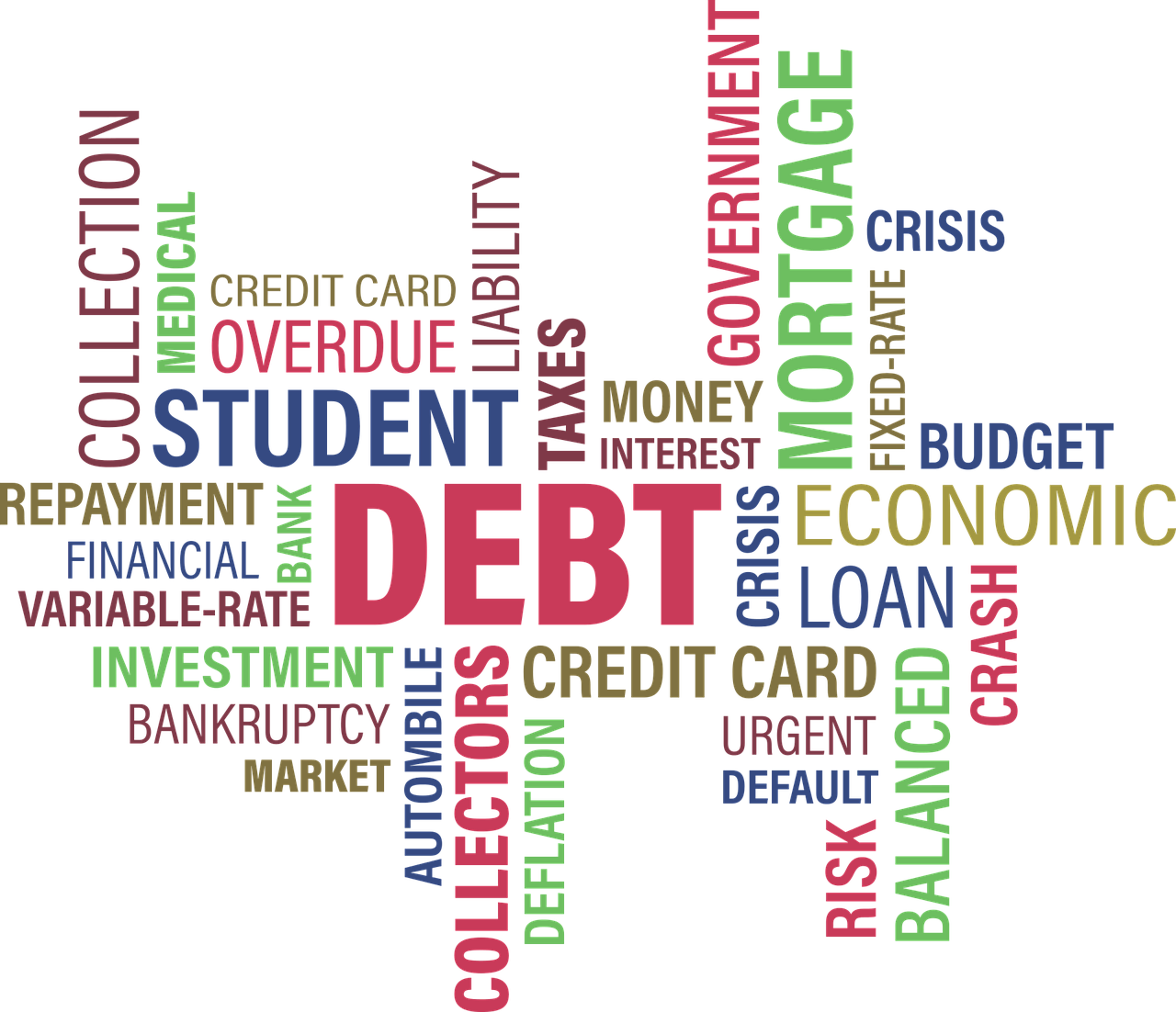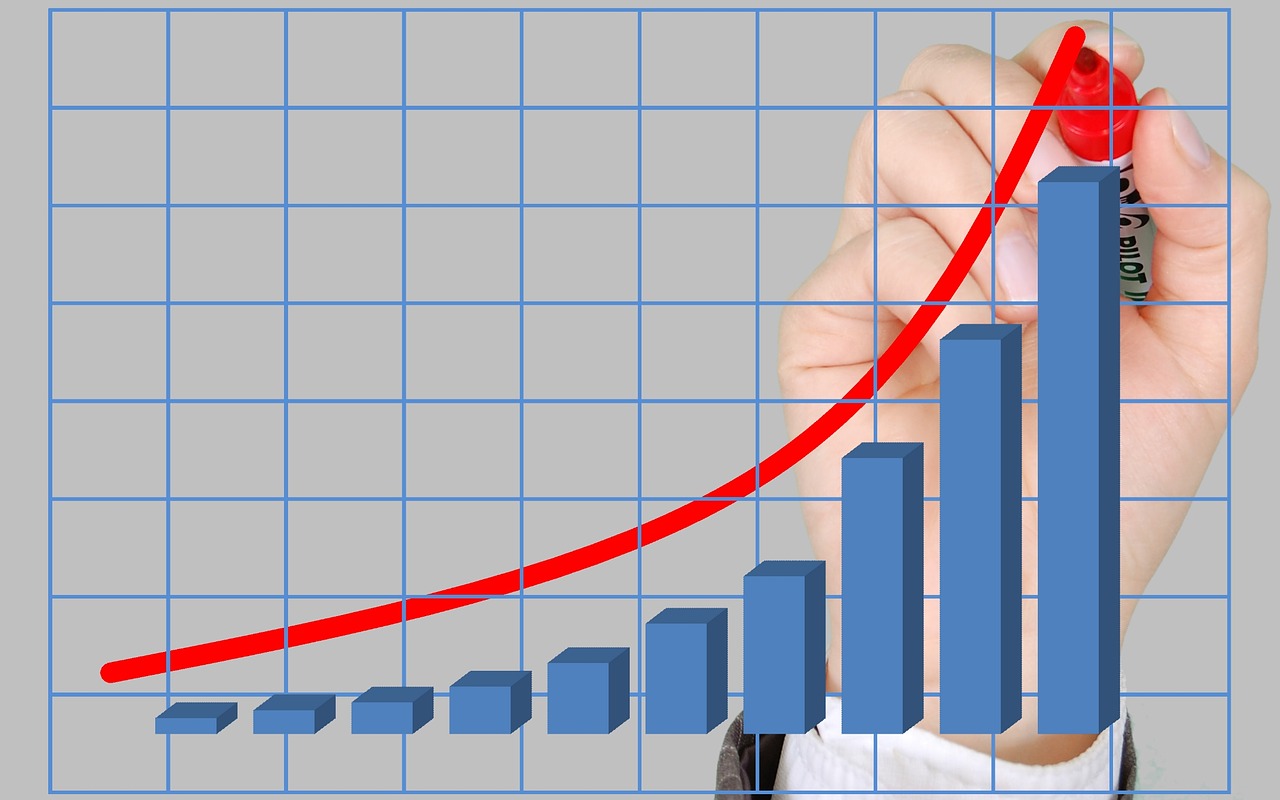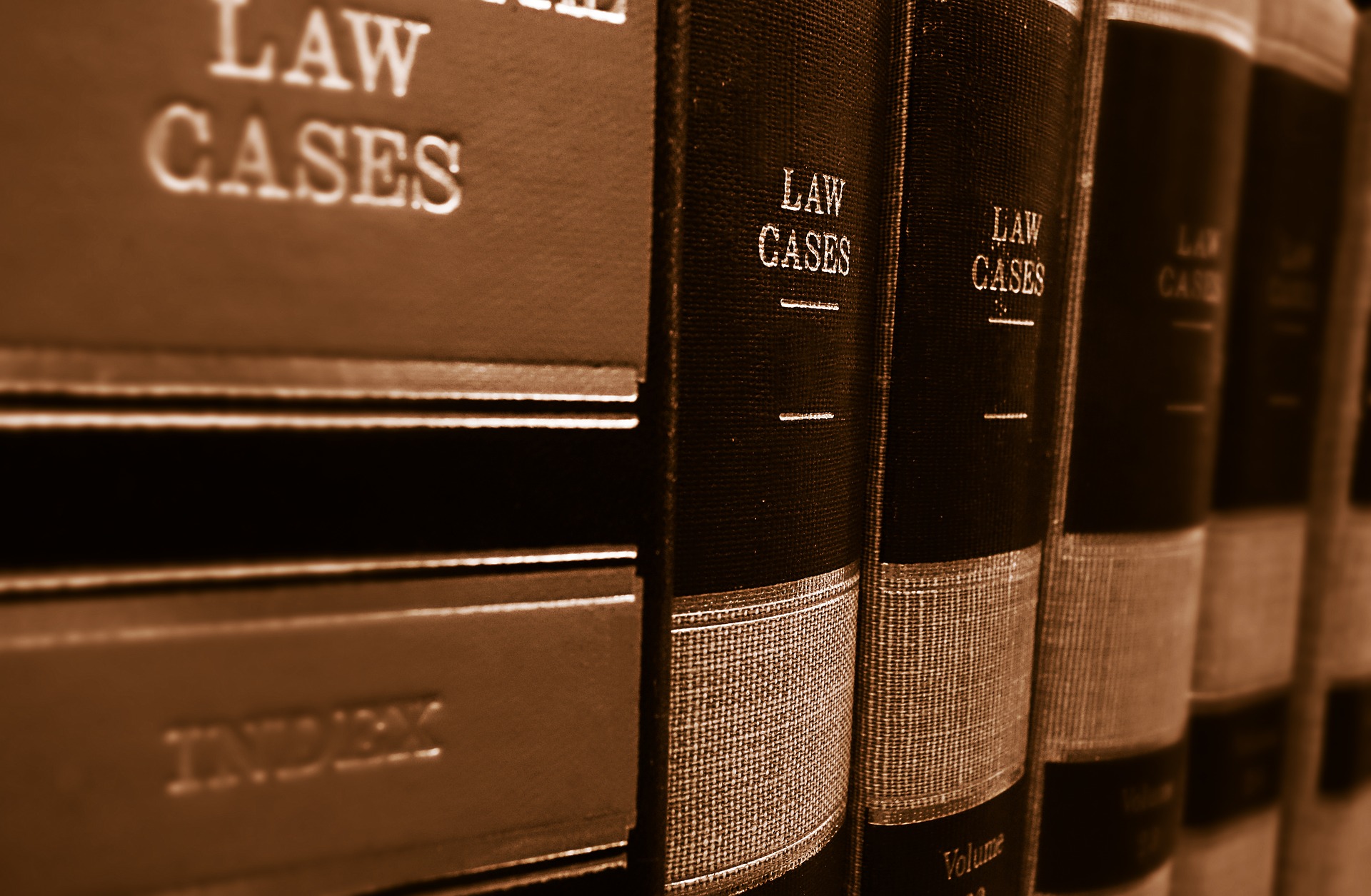Chapter 7 Bankruptcy Information

Understanding Personal Bankruptcy
Contact Bankruptcy Law Professionals at 855 257-7671
The most common bankruptcy that is filed by consumers is called Chapter 7 bankruptcy. When a personal bankruptcy comes up in the media or in discussion, the type of bankruptcy which is most likely the subject is a Chapter 7 bankruptcy. Associated terms that may come up in a conversation about bankruptcy may be terms like bk, bankruptcy protection, bankruptcy court, bankruptcy attorney, bankruptcy petition, discharge of debt, total debt, debts amounting to, debt default, foreclosure, insolvency, credit counseling.
Other types of common bankruptcies are Chapter 13 and Chapter 11. It is no wonder with all of these terms and types of bankruptcies being thrown around, a useful understanding of bankruptcy for the normal consumer can be difficult to grasp. We understand your need for a clear understanding of the bankruptcy process is before you can even think about getting involved in a bankruptcy filing. There are obvious questions that need to be answered.
The most important question being:
Will a bankruptcy be the best solution for me to solve my problems with debt (collections, past due payments, repairing credit, stopping harassing collectors)?
In other words:
Is a bankruptcy the best thing for me to do?
Bankruptcy Law Professionals can help answer these questions.

What Does It Mean to Discharge Debt in Chapter 7 Bankruptcy?
The main purpose of a Chapter 7 bankruptcy is to discharge consumer debt. Discharging debt means that your debt will no longer be able to be collected upon. Debt is a responsibility to repay. A discharged debt is a debt that you will no longer be asked to repay because it has been discharged in the bankruptcy. There are many types of debts that can be discharged in a Chapter 7 bankruptcy. Most of these debts are called unsecured debts because they are not attached to any asset.
Common types of debts that are discharged in Chapter 7 bankruptcy: credit card debt, auto-loan deficiency, past due rent, pay-day loans, unsecured debt, bank loans, unsecured business debt

So, What’s the Catch? Sounds Too Good To Be True
The catch is that there is an impact to your credit report, although, if your credit score is already low due to past due debt and derogatory marks on your credit, the actual additional impact to your credit can be somewhat trivial at this point. In fact, by removing debt and ceasing the addition of more negative marks on your credit, a bankruptcy may actually assist you in completely turning around your credit record to start moving it in a positive path.

How can bankruptcy actually improve your credit
Another “catch” is that you can only file a Chapter 7 bankruptcy every 8 years. This is a rule enforced by the bankruptcy court which stops individuals from taking advantage of the bankruptcy process. It means that once you have filed, you may not charge up debt and file again immediately. The rule is designed to encourage a bankruptcy filer to maintain a good credit record after filing a bankruptcy because a bankruptcy can’t be filed again for 8 years after one has been filed. Since debt has been completely discharged from your record, you can begin a new credit history without late payments or negative marks building up on your credit report. With this new start, you can begin building your credit back up to a good credit score which would have been impossible if you were still building up late payment marks month after month.

How to Qualify for Chapter 7 Bankruptcy
There are a couple of ways to qualify for Chapter 7 bankruptcy. The most common way to know if you qualify is by looking at the income qualification. You can use a Chapter 7 if your annual income falls at or under the median income level set as a guideline by the Bankruptcy Court. The median income levels are set at different amounts according to the number of people you support in your household. Here are the levels for California:
1 Person: $47,798
2 Person Household: $62,009
3 Person Household: $66,618
4 Person Household: $75,111
Another way to qualify for Chapter 7 bankruptcy is by using a means test. The oversimplified explanation of the Chapter 7 means test is that it will basically score you for qualifying for Chapter 7 by examining your income and comparing your expenses to your income. If your expenses exceed your income, you may be eligible to qualify for a Chapter 7 bankruptcy. Your assets in conjunction with the means test results will determine whether you qualify for a Chapter 7 bankruptcy.
Each of the methods above should be simply used as guidelines to see if you should consider bankruptcy. The only sure way to know if you qualify is to ask an expert. A bankruptcy attorney or bankruptcy lawyer will evaluate your answers to a means test and look at your annual income levels and combine these results with many other factors such as your financial assets and other assets that you own, other possible sources of income you have had in the past, and your financial history to make a clear determination on whether you qualify for a bankruptcy or not.
There is a also another way to qualify for Chapter 7 bankruptcy. The common term for this is a non-consumer debt Chapter 7. It is basically a Chapter 7 filed for business debt.
Learn more about a non-consumer debt Chapter 7

